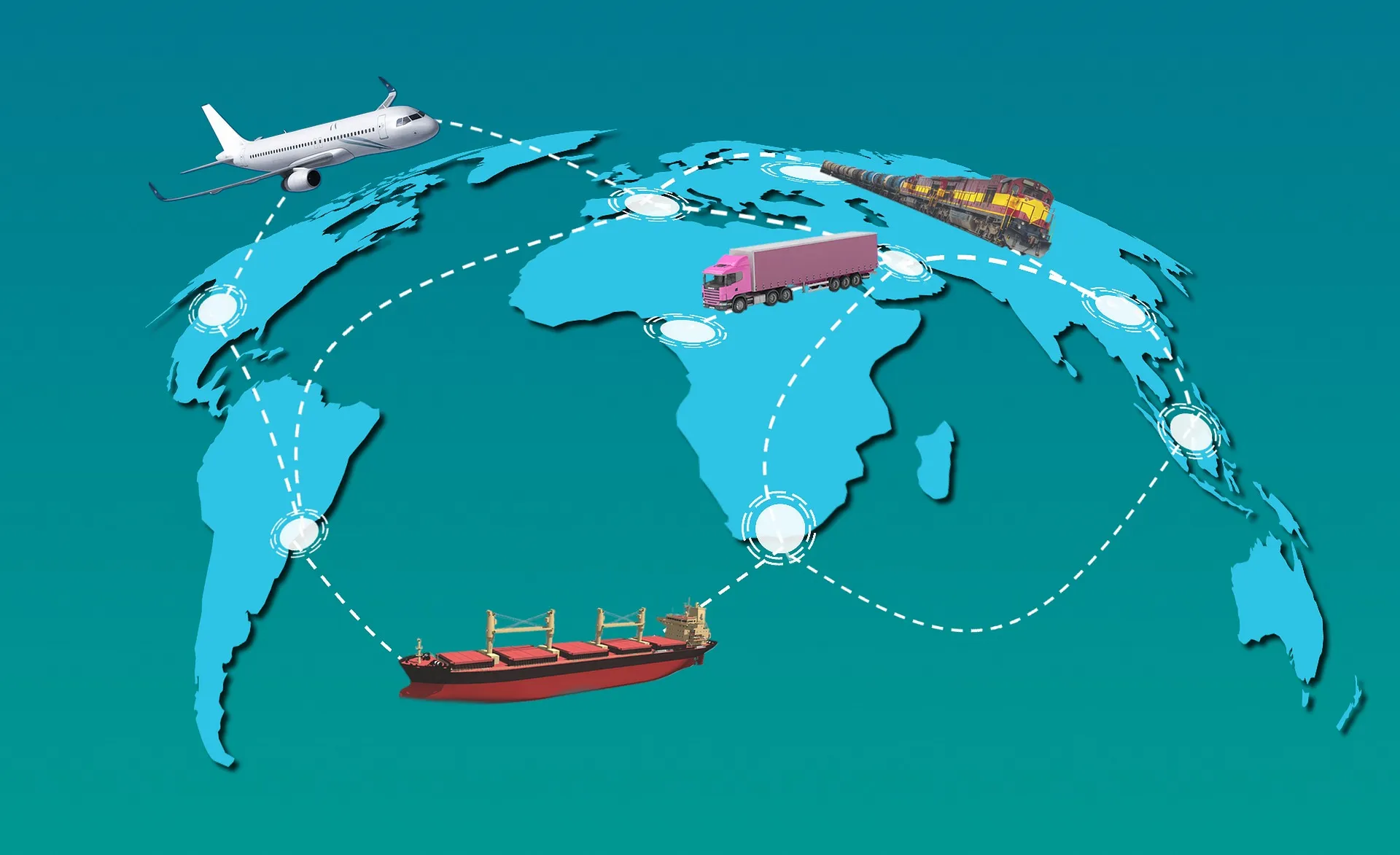How To Prepare For Supply Chain Challenges

It is difficult to predict any specific supply chain issues that may occur in 2023, as they can be influenced by a variety of factors. These factors could include natural disasters, economic conditions, and geopolitical events. Outside of these, other potential issues that could, and have in the past, affect supply chains in the future include:
- Disruptions caused by the ongoing COVID-19 pandemic
- Trade tensions and tariffs
- Transportation and logistics challenges
- Labor shortages and rising wages
- Sustainability and environmental regulations
- Increased demand for digital and technological solutions for supply chain management
- Other unforeseen events
It is important for companies to have contingency plans in place and be flexible to adapt to unexpected disruptions in the supply chain.
Companies should have a variety of contingency plans in place to adapt to unexpected disruptions in the supply chain, including:
- Diversifying suppliers: Having multiple suppliers for key components or materials can help mitigate the risk of supply chain disruptions caused by issues at a single supplier.
- Building up inventory: Keeping a sufficient amount of inventory on hand can help a company weather disruptions in the supply chain.
- Establishing alternative transportation and logistics routes: Having multiple options for getting goods to customers can help a company avoid disruptions caused by issues with a single transportation or logistics provider.
- Developing digital and technological solutions: Investing in digital and technological solutions, such as automation, digital inventory management, and supplier management tools, can help companies better track and manage their supply chains.
- Risk management and incident response plans: Identifying potential risks and having incident response plans in place can help organizations respond quickly and effectively to disruptions.
- Reviewing and testing the plans: Continuously reviewing and testing the plans to ensure that they are adequate and effective in dealing with disruptions.
- Building resilient supply chains: Building resilience in supply chains by implementing sustainable practices, ensuring that the supplier base is diversified and flexible, and investing in digital technologies and automation.
By having these contingency plans in place, companies can be better prepared to adapt to unexpected disruptions in the supply chain and minimize the impact on their operations and customers.
About the author, Sheles Wallace
Sheles is an award-winning business coach who gets results for her clients.
For over 15 years, she has helped business owners achieve their goals and
take their businesses to the next level. If you're ready to take the next
step in your business evolution and go from an owner who wears all hats to
creating a commercial, profitable enterprise that runs without you, find out
more here: https://calendly.com/sheles/introduction?month=2021-06





